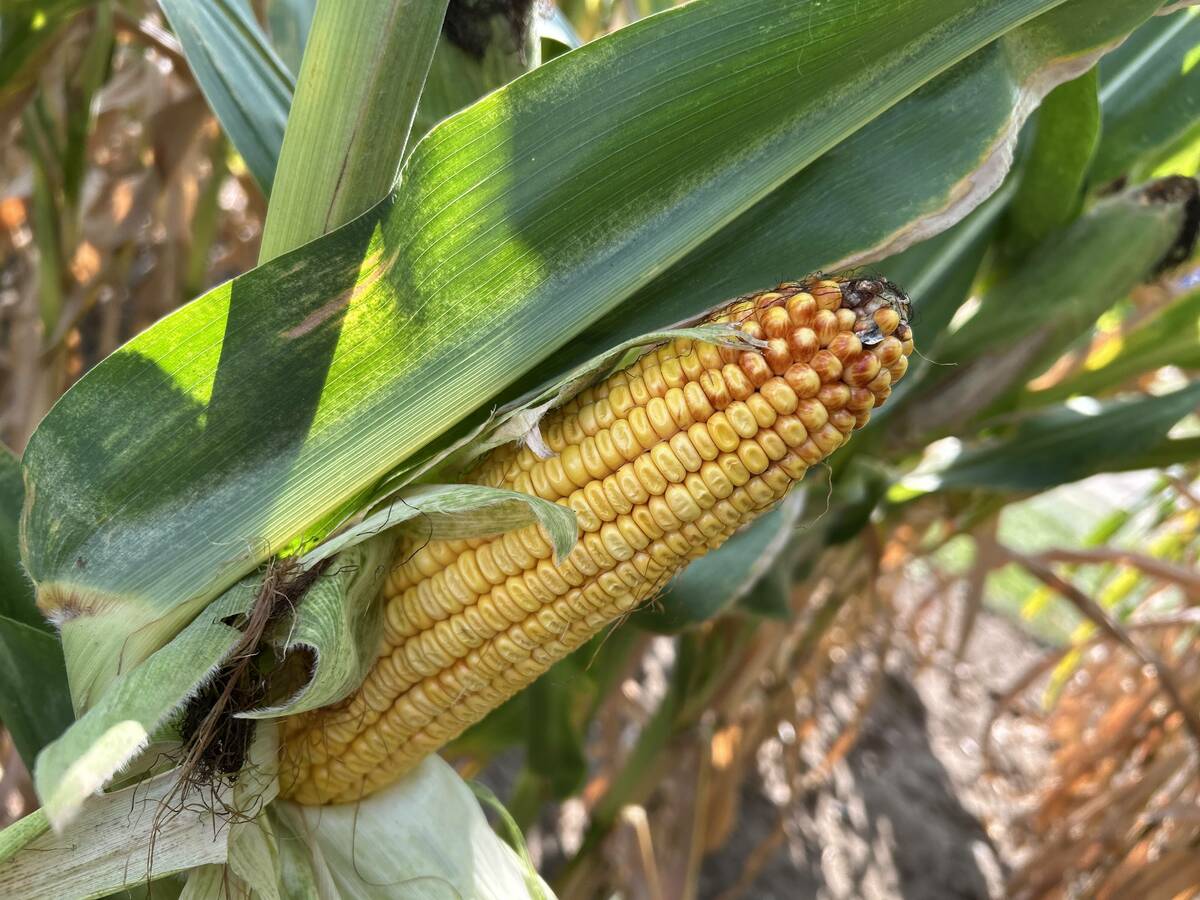Federal agriculture minister Chuck Strahl says the panic among meat packing and rendering companies about their ability to deal with the looming July 12 deadline for a complete ban on specified risk materials is self-inflicted.
They have known for months that the July 12 deadline for SRM removal from all cattle feed, pet food and fertilizer was coming, he said in a Feb. 23 interview. The material was previously prohibited from being used in human food products or from feed designated for ruminant animals.
Yet packers and renderers have delayed making investments required to increase SRM segregation and disposal in hopes of government financial aid.
Read Also

Crop estimates show mixed results
Model-based estimates used by Statistics Canada showed the 2025/26 crop year has seen increases in canola, corn for grain, oats and lentils production while seeing dips in spring wheat, durum wheat, soybeans and barley in comparison to 2024/25.
Industry leaders were on Parliament Hill in mid-February warning that SRM-removal deadlines are becoming unrealistic because governments have not set out the rules for financial help and companies are not willing to invest until they know what financial help is available.
“There will be no backing away from the decision on the implementation date and the industry has to wrap its head around that,” Strahl said. “They have been told that since the beginning.”
He said the unresolved federal-provincial negotiations over cost-shared aid to the industry are irrelevant to company decisions. Ottawa has pledged $80 million to help offset costs and the provinces are expected by the federal government and industry to contribute an additional $50 million.
So far, no federal-provincial agreements have been signed and many provinces are balking at the demand that they put up 40 percent to Ottawa’s 60 percent of the funds.
Strahl said the industry must recognize that the rules to eliminate SRM material have been approved. Industry must comply.
“It’s just like any other regulatory regime, you can say you don’t like it or you wish there was more money or more government help but if wishes were horses, beggars could ride,” said Strahl. “The truth is, they need to get on with the job.”
The Canadian Meat Council, which represents packers and rendering companies, has complained that provincial inaction has set back the process. Council president Jim Laws said his organization almost begged the provinces to co-operate with Ottawa.
“The July 12 implementation will happen, but the industry fear is that with the added costs of segregation and disposal, more cattle will head south because our sector will have higher costs.”
The packing industry leader said he did not want to assign blame but there was no doubt where his finger was pointing.
“If you talk to Agriculture Canada people, they are very frustrated because they have been working hard at this for a very long time and the provinces aren’t co-operating,” said Laws.
Strahl said it is the corporate obligation to comply with regulations, whatever the cost. There is wide industry support for the stricter SRM ban in the fight against BSE.
Ottawa had no obligation to pledge $80 million to help companies deal with the increased cost of segregating and disposing of thousands of tonnes of SRM material because it is a provincial responsibility, said Strahl.
“The money that flows is like icing on the cake,” he said. “It has to be done. It is a regulatory regime based on Canada’s best interests, our international obligations and the long-term security of our export markets.”
SRMs refer to byproducts of animal processing, such as spinal cord material, brain tissue and eyeballs, which most scientists believe are vectors for spreading BSE.














